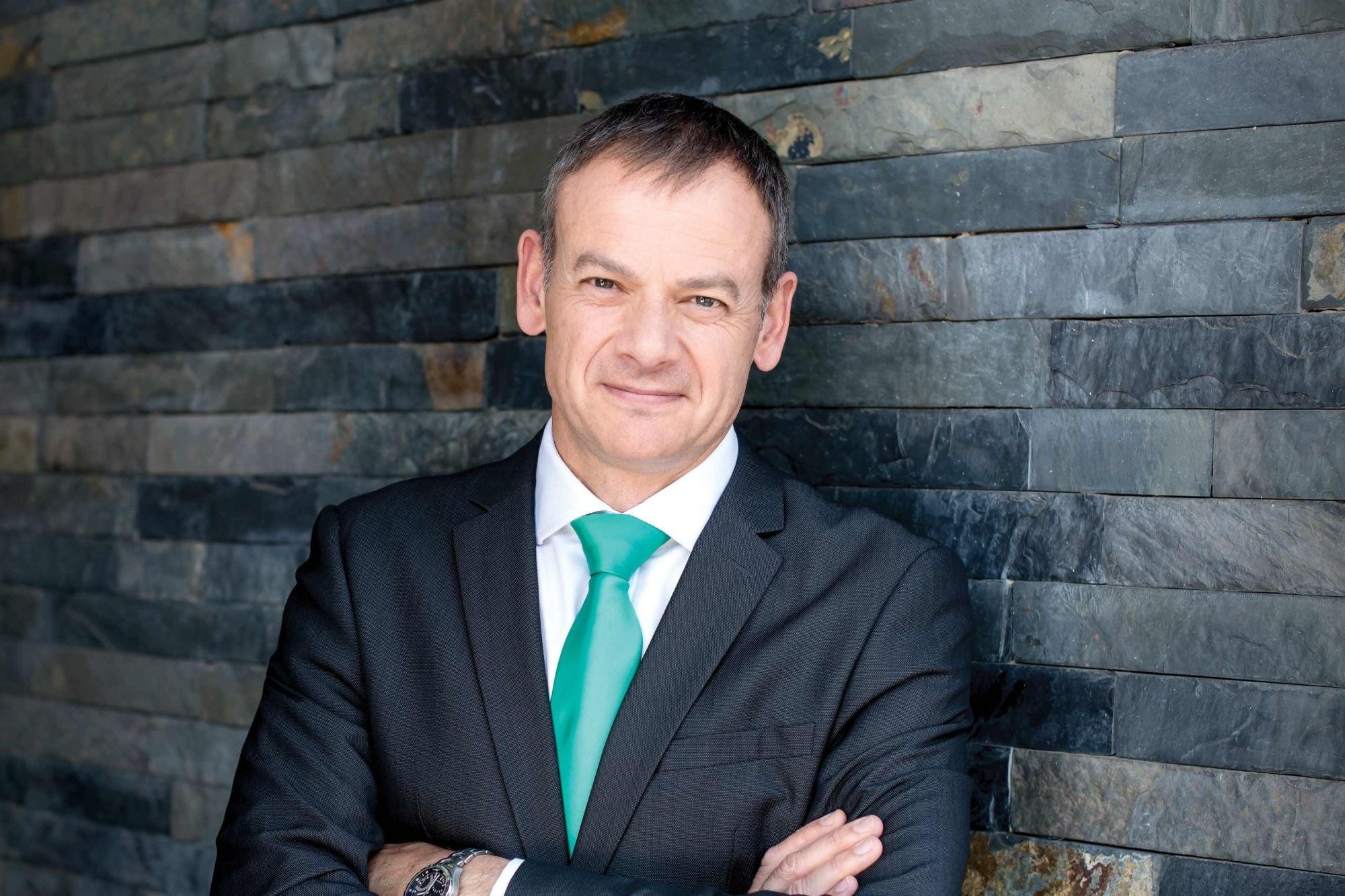Silver Linings For Smaller Businesses In Budget 2018 As expected, the Finance Minister and Treasury have proposed some tough measures to address South Africa's tax collection shortfall, growing budget deficit, and new spending priorities in the 2018 Budget Speech. Sage software can ensure your business remains compliant through these upcoming changes.
By Sage
Opinions expressed by Entrepreneur contributors are their own.
You're reading Entrepreneur South Africa, an international franchise of Entrepreneur Media.

Higher VAT, fuel levies and import duties on luxury goods will crimp consumer spending, which could be bad news for SMEs, but we are pleased that the Finance Minister has raised his GDP growth projections and proposed interventions to help grow South African SMEs.
Government is taking steps to restore fiscal credibility, rein in spending, and hold off another credit ratings downgrade, such as:
Growth, reviewed competition policy and improved market access
The hopes and concerns of entrepreneurs and SMEs were extensively covered, including how low market access and high barriers to entry are constraining the growth of the country's SMEs.
While government will take action against anti-competitive behaviour that harms these businesses, big businesses should also play a constructive role in nurturing the growth of SMEs through mentoring and partnership.
An increase in SME funding
The Departments of Small Businesses and Science & Technology and the National Treasury developing a R2,1 billion fund to benefit SMEs during the early start-up phase is good news, but it's important that the funding is spent efficiently and productively.
We'd like to hear more details about how government will choose to allocate this money.
A shift in public procurement participation
Government using public procurement to support Black Economic Empowerment, industrialisation and development of SMEs see its billions of rand in procurement spend used to empower SME owners — we look forward to more details about how government will increase participation of small and micro businesses in procurement opportunities.
It's also critical that government follows through on its promise to pay small businesses within 30 days of invoicing. Cash flow is a major challenge for small businesses and few of them can afford to wait three to six months for payment on a big project.
The rise in the VAT rate
The VAT hike will take some money out of people's pockets, but will probably have less impact on business confidence than higher corporate taxes, and less impact on consumer spending than further personal tax increases.
SMEs will need to ensure their systems are ready to cater for the new VAT rate, but this should not be too much of a challenge for those with automated accounting systems. By international standards, VAT in South Africa is still relatively low — we can just hope that this increase is not followed by another in the next year or two.
Managing the VAT Transition
The VAT Act stipulates that the time of supply will be either when an invoice is issued or when payment is received — whichever happens first. For example, if you invoice for a sale on 31 March but are only paid on 30 April, the VAT rate of 14% will apply. If you receive payment on or after 1 April but have not yet invoiced for the sale, then VAT should be charged at 15%.
Cloud-based, automated accounting solutions, like Sage One, were VAT-ready on 1 April.
Businesses using these solutions don't have to worry about staying on top of the different VAT rates because the system will automatically generate the correct VAT invoice, quote and debit or credit note.
The VAT Act states that displayed pricing and adverts must include VAT (unless the product is zero-rated). You have until 31 May to complete this work. Until then, you can display a notice at the till point, stating that prices do not include VAT at the new rate and will be adjusted at the tills. But why delay and risk confusing your customers?
The next VAT201 return you submit to SARS will be more complicated because you will need to calculate input and output tax at different rates, not to mention the apportionment rate that will need to be calculated for contracts and services taking place before and after 1 April. If you're using manual processes, you might need to consult an accountant to make sure you're not over or under reporting VAT on your reconciliations.













